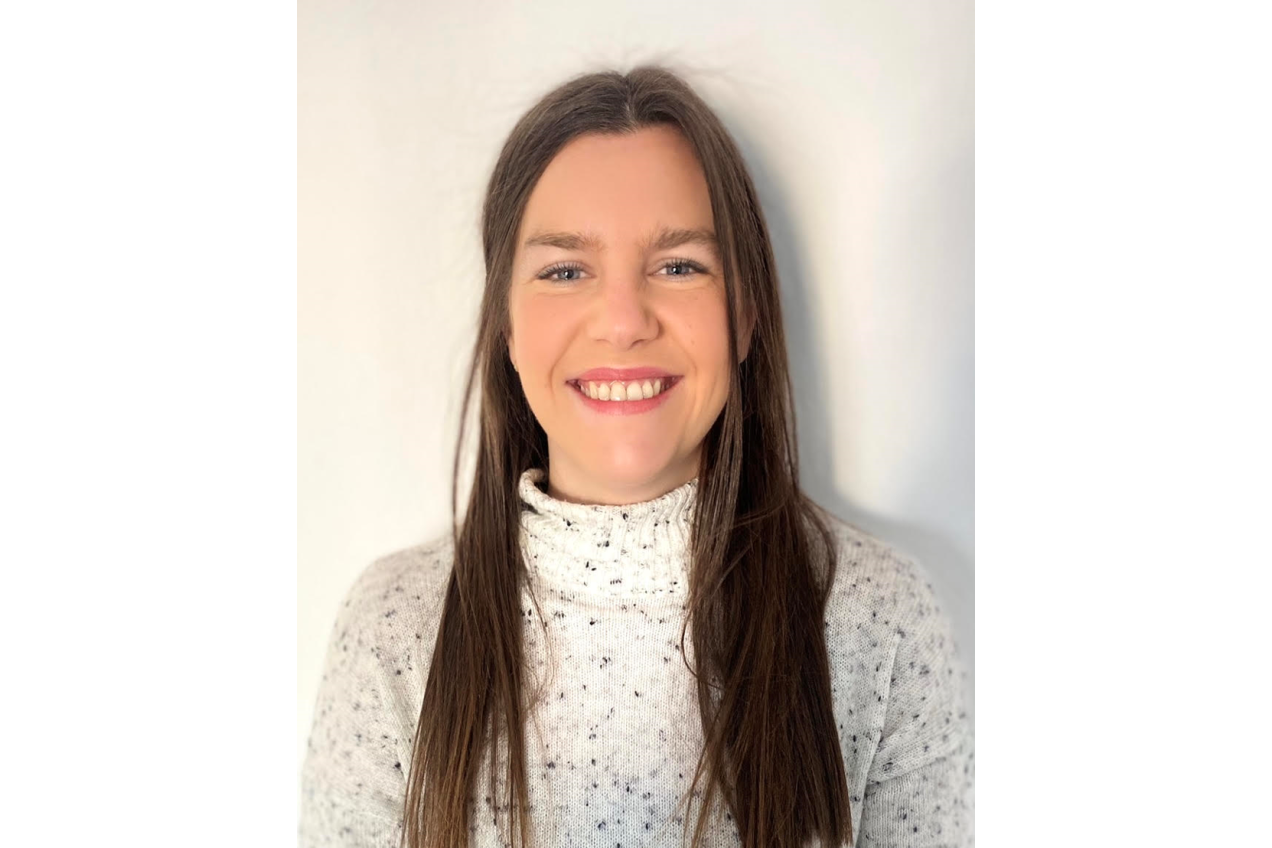PhD Defense | Inés Llopart | Development of novel assays for ‘difficult-to-measure’ radionuclides in materials produced during nuclear decommissioning activities
Name: Inés Llopart
Date:
February 2nd, 2024
16h00-18h00
Location:
VUB Etterbeek Campus

Development of novel assays for ‘difficult-to-measure’ radionuclides in materials produced during nuclear decommissioning activities
This research project focuses on the development and optimization of analytical approaches for the characterization of radioactive waste produced during the operational and decommissioning phases of nuclear reactors. As waste disposal regulations become stricter, requiring more radionuclides to be analysed, there is a growing need to optimize procedures for difficult-to-measure (DTM) radionuclides. DTM radionuclides are mainly alpha- and beta-particle emitters and cannot be quantified from outside the waste package. This limitation arises due to the nature of this type of radiation and defines the challenges associated with radiometric measurements of a sample with mixtures of radionuclides that lead to spectral overlap, poor accuracy and increased detection limits. This study focusses on the determination of the specific DTM radionuclides, 36Cl, 129I, 79Se, 151Sm, 147Pm, and 41Ca listed as radionuclides to quantify in relation to disposal of waste.
The research covers various stages of the determination process; starting with the dissolution of solid samples over chemical separations to the measurement of the analyte of interest. The primary focus was on solid sample preparation techniques such as pyrolysis and electric borate fusion for volatile and non-volatile radionuclides, respectively. An essential consideration to minimize the impact of interference is the selection of an appropriate radiochemical separation procedure. In this study on chemical separation techniques, we mainly investigated solid-phase extraction chromatographic techniques for which the chemical recovery was evaluated to correct for potential losses of the analyte throughout the procedure. For the quantification of radionuclide activity, the primary technique employed was liquid scintillation counting. Key achievements include the successful development of a fast and accurate procedure for the determination of 36Cl and 129I in solid samples, which was applied to activated graphite and concrete samples. The project also explored novel approaches; the use of plastic scintillator (PS) materials for 36Cl determination, the chemical separation of 147Pm and 151Sm using specific chromatographic resins, and control of the sensitivity of a newly developed resin, SE Resin, to different oxidation states of 79Se. Different LSC calibration methods for 41Ca provided insights into their advantages and disadvantages, providing valuable information for future research.
As a result of the development of new methodologies, the measurement uncertainty in the inventory estimation of the targeted DTM radionuclides in nuclear wastes will be improved. This research and its outcomes contribute to the advancement of radiological safety assessments and cost-effective waste management practices, aligning with the waste acceptance criteria established by Belgian legislation.
Promotor:
-
Martine Leermakers (VUB)
SCK CEN mentors:
-
Mirela Vasile (SCK CEN)
-
Andrew Dobney (SCK CEN)
Click here for a list of obtained PhD degrees.